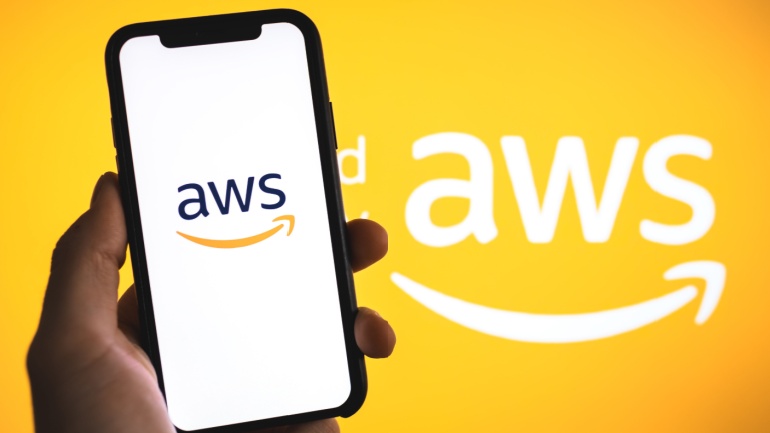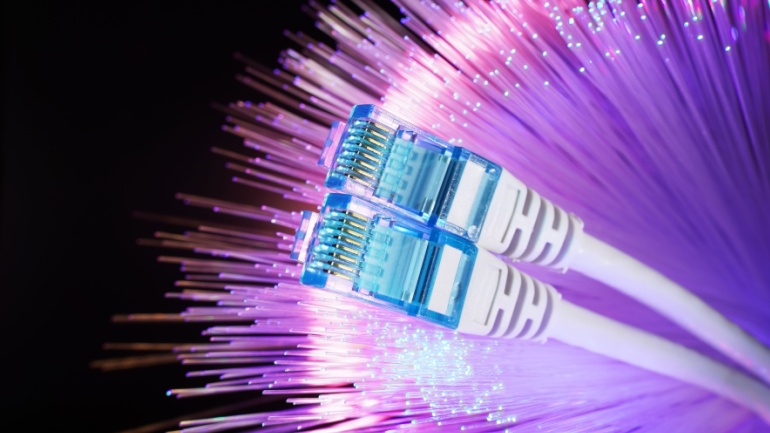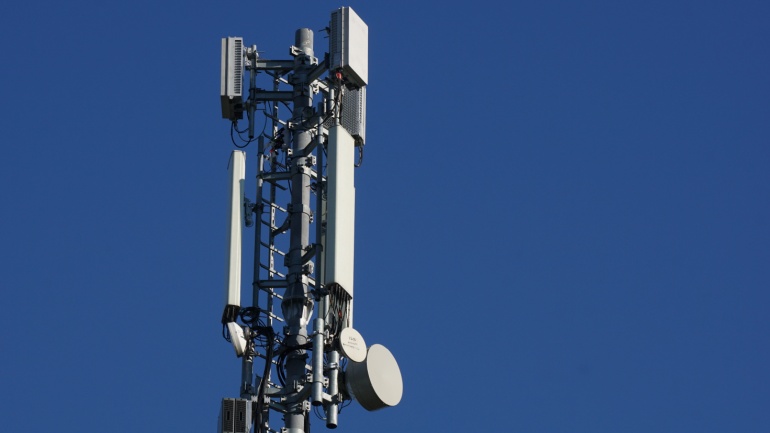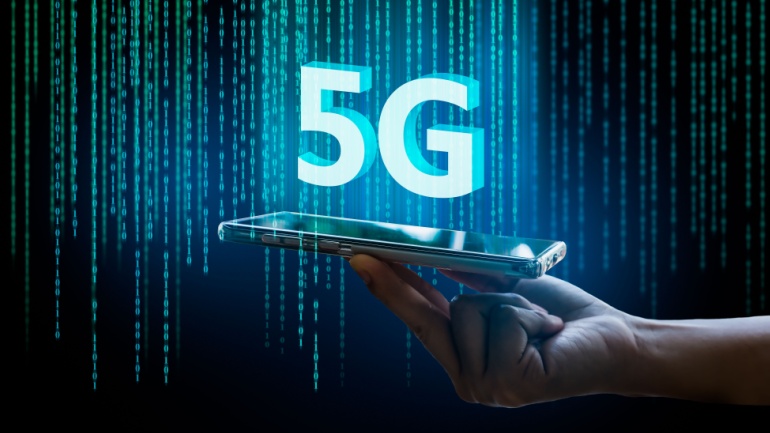In a significant move to bolster its presence in Europe, Amazon Web Services (AWS) has announced a substantial investment of €7.8 billion into the AWS European Sovereign Cloud project, extending through 2040. This initiative, unveiled last October, aims to establish an autonomous cloud infrastructure within the European Union (EU), operated independently to ensure data sovereignty for European customers.
In a significant development for commuters, the Berlin underground (U-Bahn) has finalized the installation of a 4G mobile network, ensuring high-speed internet access across its entire subway system. The initiative, a collaboration between Germany’s O2 Telefonica and Berliner Verkehrsbetriebe (BVG), marks a milestone achievement after years of planning and execution. Data usage among subway users has skyrocketed, increasing sevenfold since 2019, necessitating improved connectivity underground.
Nokia, a leading telecommunications equipment provider, has secured a significant deal with German alternative network operator Deutsche Glasfaser to enhance its fixed access and IP network services. This partnership aims to expand Deutsche Glasfaser’s existing network infrastructure to reach a target of 6 million homes, tripling its current coverage of 2 million homes across Germany.
Samsung and O2 Telefonica have unveiled their inaugural virtualised RAN (vRAN) and Open RAN commercial site in Landsberg am Lech, Bavaria, marking a significant milestone in Germany’s mobile network evolution. This deployment represents the premiere integration of Samsung’s 5G vRAN technology into a German commercial network.
NEC launches “NEC cotomi Pro” and “NEC cotomi Light,” advanced gen AI models. Lumos will be acquired by a joint venture of EQT and T-Mobile to expand high-speed internet access. CEA-Leti leads EU projects 6G-DISAC and 6G-GOALS, revolutionizing 6G technology through smart networks. Sanas obtained a patent for its Real-Time Accent Conversion AI Technology, enabling call center agents to adapt accents and reduce background noise. GlobalData’s report highlights how startups are innovating in AI-driven medical diagnostics, IT management, and financial operations.
Tarifica’s Data Dive analysis is spotlighting the significant roles of Fixed Wireless Access (FWA) and fiber technology in escalating global internet connectivity. While fiber offers incomparable speed and reliability, FWA presents a cost-effective alternative where cabled installations are infeasible.
A recent study conducted by Cradlepoint, a subsidiary of Ericsson, shed light on the crucial role of connectivity infrastructure in driving revenue growth for businesses. According to the report, a staggering 98% of technology decision-makers anticipate a revenue increase averaging 19% if they enhance their connectivity systems.
Telefonica Deutschland recently conducted a successful trial of 5G RedCap devices, promising to revolutionize IoT connectivity. Offering increased data rates, minimal latency, and longer battery life, this development is one step closer towards creating a smoother and more efficient IoT field.
In an era where voice calls still hold a significant place, a rising wave of voice fraud threatens to shatter this trust. With a shocking 16% of UK consumers falling victim to phone scams last year, global figures paint a worrisome picture. The fact that this issue is not fleeting, the average UK consumer receiving roughly four fraudulent calls per month in 2023, only heightens the concerns.
RingCentral, Inc. (NYSE: RNG), a prominent provider of AI-driven cloud business communications, made a significant announcement at Enterprise Connect 2024 in Orlando. The company introduced the latest iteration of its native, AI-powered contact center, RingCX™, highlighting its extensive feature set, expanded global availability, increased adoption rates, and new CRM integrations.













